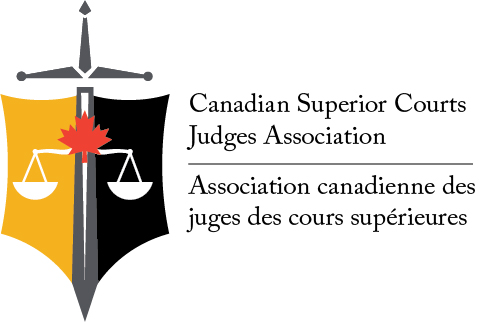Judicial Independence
While governments appoint and pay judges, once appointed, judges are shielded from bureaucratic
control. Judges must be able to make courageous, even unpopular decisions knowing that no one—a
chief justice, another judge, a government official or even the most powerful politician—can fire them or
cut their salaries as retaliation.
This independence is vital to fostering public confidence in the fairness and objectivity of the justice
system. Three principles protect it:
- Administrative independence: Judges oversee the administration of the courts; the government does not set hearing dates or assign a judge to a particular case.
- Financial security: An independent body, the Judicial Compensation and Benefits Commission, reviews judges’ salaries, benefits and retirement annuities, and recommends improvements and changes.
- Security of tenure: Judges can remain on the bench until retirement; they cannot be removed from office unless an independent investigation determines they are unfit or guilty of misconduct.
Find out more about judicial independence on the Canadian Judicial Council’s website. For the independence of federally appointed judges specifically, refer to the Office of the Commissioner for Federal Judicial Affairs.
In addition to independence, judges are expected to maintain integrity and impartiality. The Canadian Judicial Council developed a set of Ethical Principles for Judges to provide guidance.

